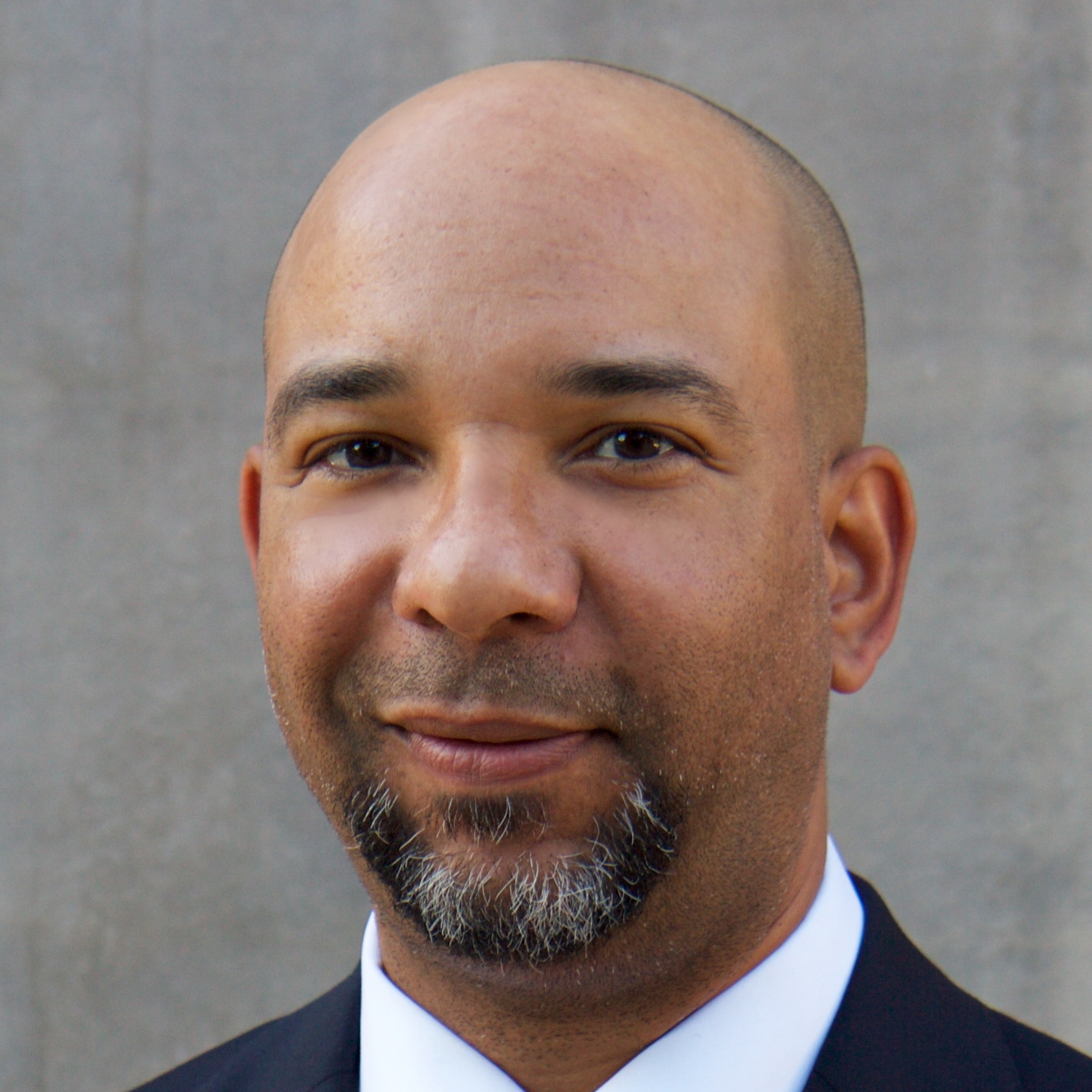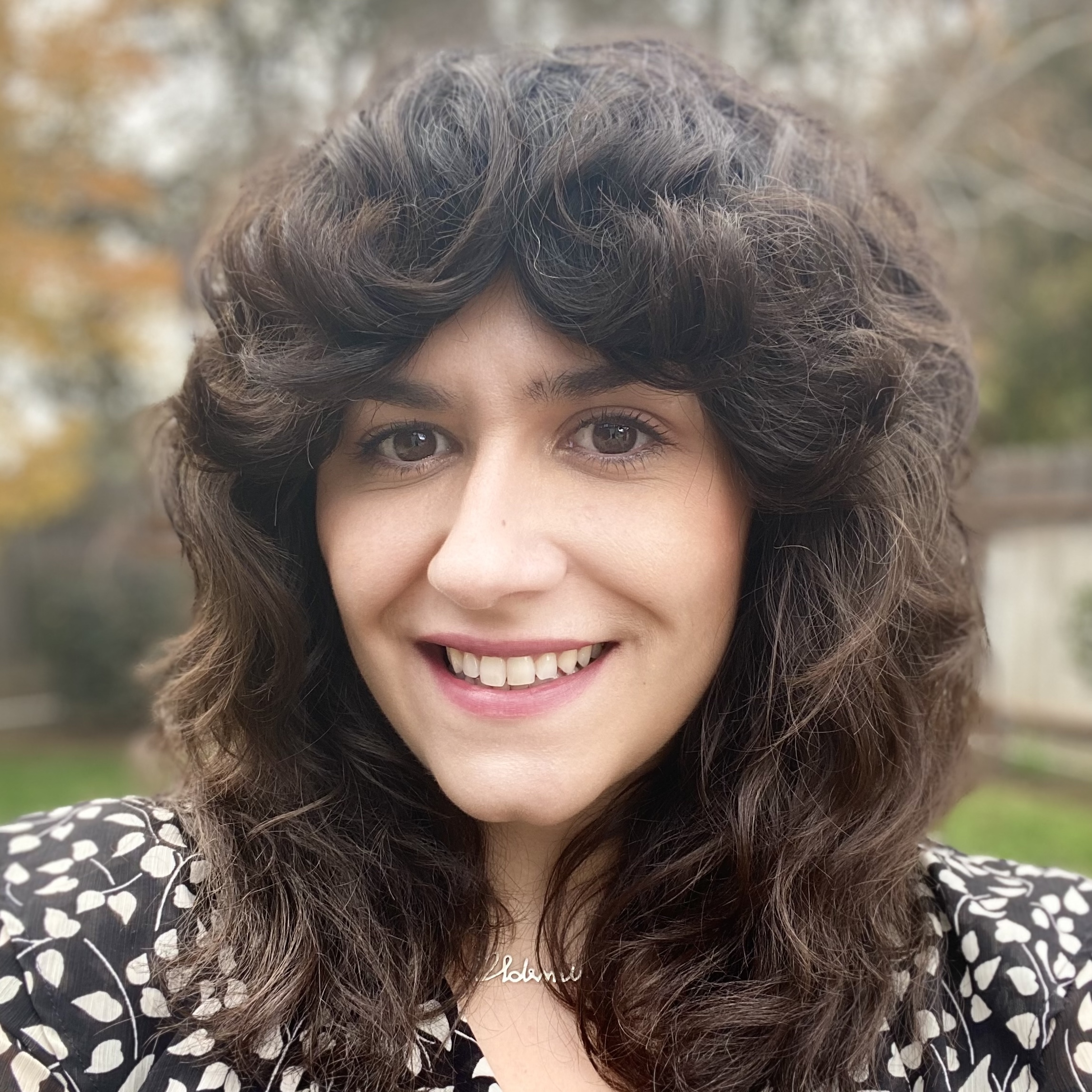Community Conflict Resolution Unit
Our mission is to promote peaceful relations by assisting communities experiencing fear, conflict, or tensions relating to discriminatory practices, hate incidents, or hate crimes that have a community impact.
Community Conflict Resolution
The Community Conflict Resolution Unit (CCRU) within the California Civil Rights Department (CRD) works with communities and local and state public bodies to constructively manage or resolve conflict and minimize or eliminate the potential for hate-motivated violence impacting communities. All CCRU services are free.
We provide assistance when requested or accepted due to a hate- or discrimination-related community dispute, disagreement, or difficulty. Such community issues may impair the rights of persons in those communities under the Constitutions and laws of the United States or California or may appear to threaten peaceful relations among the persons of the community involved.
We provide free customized services to address community disputes, disagreements, or difficulties:
- Design conflict resolution processes;
- Facilitate processes to ensure meaningful community engagement;
- Mediate conflict (problem-solving conversations managed by a neutral third party);
- Provide education and training; and
- Provide consultations (answering specific questions and providing information about how to reduce community conflict related to discrimination and hate).
To learn more about our services visit the What We Do tab.
While we are part of CRD, our services are unique because we are neutral and impartial, which means we do not assign fault or blame to anyone involved in our services, refer requests to government agencies for enforcement, or bring any complaints to the court system.
Our services are voluntary, meaning communities and state and local public bodies must decide and agree, on their own, to participate in our services; neither CCRU nor CRD can force anyone to participate in CCRU services.
Our work and services are also confidential. We do not report the identity of people participating in our services or other information about a conflict that is shared with us with the expectation that it will remain confidential unless we receive permission to share it.
How to Contact Us
Civil Rights Department
Attention: Community Conflict Resolution Unit
2218 Kausen Drive Suite 100
Elk Grove, CA 95758
Telephone
Call us by using information on the CRD Contact Us page.
What We Do
We work with communities and/or local and state public bodies to constructively manage or resolve conflict, minimize or eliminate the potential for violence, reduce or eliminate antagonism within communities, or help them reach mutually acceptable outcomes. California Government Code 12931.
We work closely with stakeholder groups affected by conflict to ensure that solutions include community-driven input. We believe that community collaboration is most effective in addressing concerns related to hate and discrimination-based community conflict.
CCRU accomplishes our work by:
- Designing Conflict Resolution Processes. We recognize that one size does not fit all when it comes to communities and conflicts. As a result, we tailor our conflict resolution processes to the community groups and issues involved in a conflict.
- Facilitating Community Engagement Processes. We assist communities to access, engage, and have discussions with government, schools, other communities, and/or other persons involved in the community issues.
- Mediating Community Disputes. We do not mediate disputes related to the litigation of administrative or civil complaints. Rather, we help facilitate conversations and mediate disputes between different communities.
- Education and Training. We develop and provide education and training on issues related to resolving community conflict. Visit the Resources and Publications tab and/or the Request CCRU Services tab to find out more about CCRU trainings.
- Providing Consultations. We are available if you are involved in a community conflict and want to seek assistance and/or or advice.
Examples of CCRU services include, but are not limited to:
- Mediating conflict among community groups involving hate- or bias-related speech or incidents based on sexual orientation, gender identity, or gender expression threatening peaceful community relations;
- Assisting community groups to design accountability measures in collaboration with law enforcement to ensure responsiveness to hate- and bias-related incidents;
- Facilitating dialogues between non-profit organizations and local governments to ensure meaningful access to government decision-making processes for the deaf community, communities of color, and communities including persons with limited English proficiency;
- Educating government entities, like Human Relations Commissions, about inclusive community engagement and inclusive practices;
- Providing consultations to student groups and educational institutions on best practices to grow, learn, and heal after a hate-related incident; and
- Assisting community groups and law enforcement with designing community input processes to address concerns in police-community relations following allegations of excessive use of force.
We recognize that to meaningfully support public safety and resilience in communities, we must look beyond the existing criminal and civil legal systems and ensure that communities experiencing discrimination lead and are centered in working toward solutions. When there is tension in a community around discrimination—whether it is in the aftermath of a police shooting, a hate crime or hate incident, or an employment or housing civil rights issue—we may be able to assist. We recognize that conflict also offers opportunities to help communities address long term issues, systemic forms of discrimination, develop community-focused solutions and restorative practices, and enhance communities’ capacity to independently prevent and resolve future conflict.
Who We Work With
CCRU works with communities and state and local public bodies serving communities that are experiencing tension. Whether a community is part of an officially recognized legal entity or simply a collection of community members united by a common cause, we can work with your community!
Examples of communities and state and local public bodies we work with include:
- Community Groups
- Nonprofit Organizations
- Government Agencies
- Schools and School Districts
- Religious Organizations
- Demonstration Groups
- Human Relations Commissions
- Law Enforcement
- Community Advocacy Groups
- Colleges and Universities
- Tribal Groups
- Elected Officials
- Other persons directly impacted by community conflict
- Other state and local public bodies
Protected Characteristics
We can provide services to help resolve community conflicts or tensions related to hate or discriminatory practices that are based on these characteristics recognized and protected by California law (called “protected characteristics”):
- Race
- Religious creed
- Color
- National origin
- Ancestry
- Physical disability
- Mental disability
- Veteran or military status
- Medical condition
- Genetic information
- Marital status
- Sex
- Gender
- Gender identity
- Gender expression
- Familial status
- Age
- Reproductive health decisionmaking
- Sexual orientation
How We Can Help
The California Fair Employment and Housing Act describes the functions, duties, and powers of CRD and empowers CRD to act as a peacemaker when communities experience conflict or tension relating to discriminatory practices. California Government Code Sections 12931-12932.
Community conflict resolution services are unique processes that can help resolve community disputes, disagreements, and difficulties outside of the traditional civil and criminal justice systems and administrative complaint processes available through CRD.
Benefits of using community conflict resolution services include:
- Creative, flexible, and highly customized processes and environments;
- Non-adversarial (no enforcement or discrimination “findings” or “judgments”);
- Opportunities to de-escalate tensions collaboratively;
- Self-determination, which empowers and supports participants to reach mutually agreeable resolutions;
- Saving time, stress, and money associated with no process or formal legal processes;
- Preserving relationships through voluntary cooperation by all participants; and
- Avoiding long-term, potentially harmful precedents.
Meet the CCRU
The California Fair Employment and Housing Act describes the functions, duties, and powers of CRD and empowers CRD to act as a peacemaker when communities experience conflict or tension relating to discriminatory practices. California Government Code Sections 12931-12932.
The 2022 California State Budget included funding for the creation of a community conflict resolution program, currently funded through June 2025. The CCRU began work in October 2022.
Request CCRU Services
Communities and state and local bodies affected by a community dispute, disagreement, or difficulty must request or accept services from CCRU before we can take any action to assess the request and/or provide assistance.
Important issues to consider before requesting our services include:
- There is no cost for requesting, receiving, or participating in our services. Our services are free and voluntary.
- Requesting services does not guarantee services can or will be provided. If services cannot be provided, we will share referrals for other sources of assistance.
- If community groups or others have potential legal claims, requesting and/or participating in our services will not impact those claims. Requesting or receiving CCRU services does not “stop the clock” on other important legal deadlines that may apply to community groups or individuals within communities or who are experiencing community conflict.
- Communities and individuals within communities may seek other services or legal remedies at the same time as they request, accept, or participate in CCRU services.
Services can be requested by completing the Request for Service Form and emailing the Request for Service Form to CCRU@calcivilrights.ca.gov or by mailing the Request for Service Form to:
Civil Rights Department
Attention: Community Conflict Resolution Unit
2218 Kausen Drive Suite 100
Elk Grove, CA 95758
Services may also be requested by calling CRD’s Communication Center using information on CRD’s Contact Us page.
CCRU’s Request for Service Form:




